Malaysian Foreign Minister Hishammuddin Hussein clarifies controversial ‘older brother’ remark during China visit
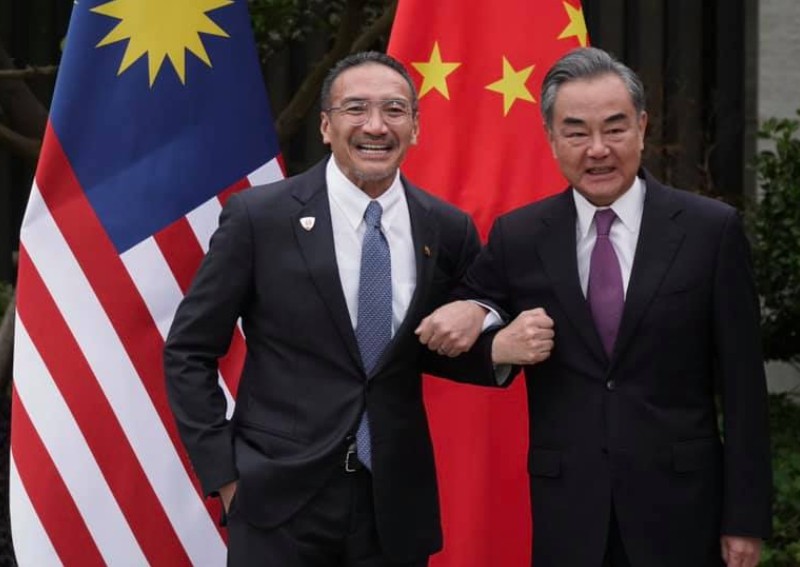
Facebook/HishammuddinH2O
Malaysia’s Foreign Minister Hishammuddin Hussein on Saturday (April 3) sought to clarify a remark made during his trip to China this week that appeared to suggest he viewed Beijing as a “big brother”, saying the remark was directed at his counterpart Wang Yi.
The Malaysian foreign minister wrote on Twitter that he “was not referring to our bilateral relations, as strong [Malaysia-China] ties are based on mutual trust and equality.
“Respecting that Wang Yi is older, and a more senior foreign minister, hence ‘elder brother’ to me personally. Being respectful does not signify weakness,” Hishammuddin wrote.
“Rest assured that Malaysia remains independent, principled and pragmatic in terms of our foreign policy – founded on the values of peace, humanity, justice and equality. We will continue to contribute meaningfully towards a just and equitable community of nations.”
Clips of Hishammuddin’s remarks – made during a press conference on Thursday following a bilateral meeting in Fujian – elicited negative reactions from some Malaysia social media users and diplomatic observers.
In the video, Hishammuddin says: “You will always be my elder brother”. In response, Wang Yi agrees off-microphone, saying in English: “We are brothers”.
Critics said Hishammuddin’s quip suggested Malaysia was subordinate to China. Opposition leader Anwar Ibrahim on Saturday said he was astonished by the remark and urged the minister to retract it.
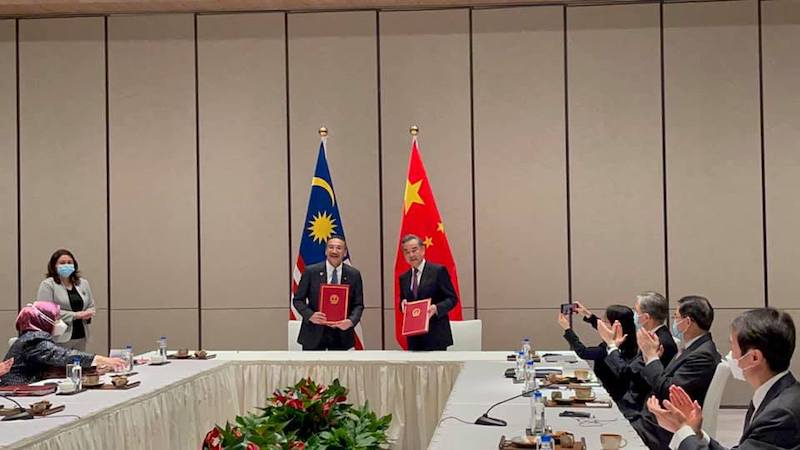
“This is not the language and style that should be used in the diplomatic world and international relations, as it seemingly implies Malaysia is a puppet to a foreign power,” he wrote. “The minister should immediately apologise to the Malaysian rakyat [people], and withdraw his tactless remark.”
Criticism also came from academic circles. Ivy Kwek, research director of the think tank Research for Social Advancement, wrote on Twitter that the foreign minister’s comments were a “huge disservice to foreign policy”.
“Instead of telling China that we want to be treated with respect and on equal footing, our FM chose to appear subservient and to appease,” Kwek wrote.
“Decades of Malaysian diplomats have spent great efforts in navigating our relations with great powers, exercising our agency despite being a smaller nation. This is an undoing of their hard work.”
The controversy marred what observers said was an otherwise fruitful bilateral visit for Hishammuddin, a former defence minister.
It was Hishammuddin’s first trip to China as the country’s top diplomat since taking the job in March last year following a domestic political shake-up.
The new government led by Prime Minister Muhyiddin Yassin, like the previous administration of the elder statesman Mahathir Mohamad, has sought to keep ties with China on an even keel given the Asian superpower’s economic clout.
Both countries remain locked in dispute over their claims to the resource-rich South China Sea, along with other Southeast Asian claimants.
Hishamuddin was among four Southeast Asian top diplomats who visited Fujian from Wednesday to Friday for separate bilateral meetings.
The respective foreign ministries – from Malaysia, Singapore, Indonesia and the Philippines – indicated that the meetings were part of regular diplomacy, although analysts said the timing of the talks suggested Myanmar’s crisis was high on the agenda.
The four Southeast Asian nations have been the most vocal about the Myanmar military junta’s violence against unarmed civilian protesters since the February 1 coup.
Hishammuddin said during the press conference with Wang that his government believed “China can work together with Asean to play a significant and constructive role … to restore democracy” in Myanmar.
Hishammuddin and Wang also signed a memorandum of understanding on the establishment of a high-level committee to promote cooperation in the post-pandemic era. Kuala Lumpur described the initiative – which will be co-chaired by both foreign ministers – as the first of its kind it has joined.
Both countries have also agreed in principle to recognise each other’s Covid-19 vaccine certificates to ease resumption of non-essential travel, the governments said after Thursday’s meeting.






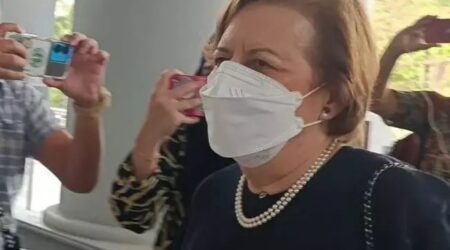
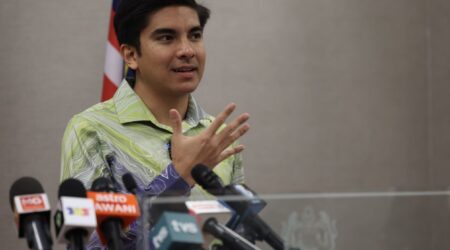
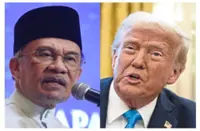

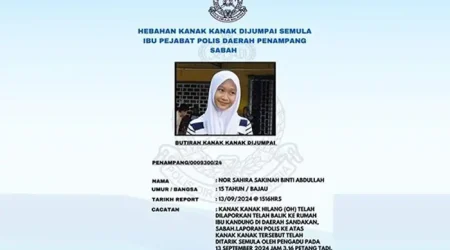
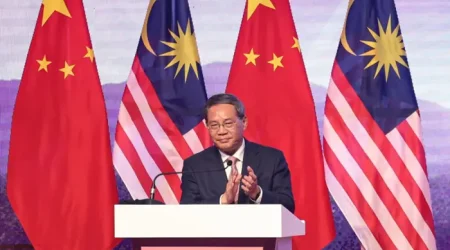
Leave a Reply